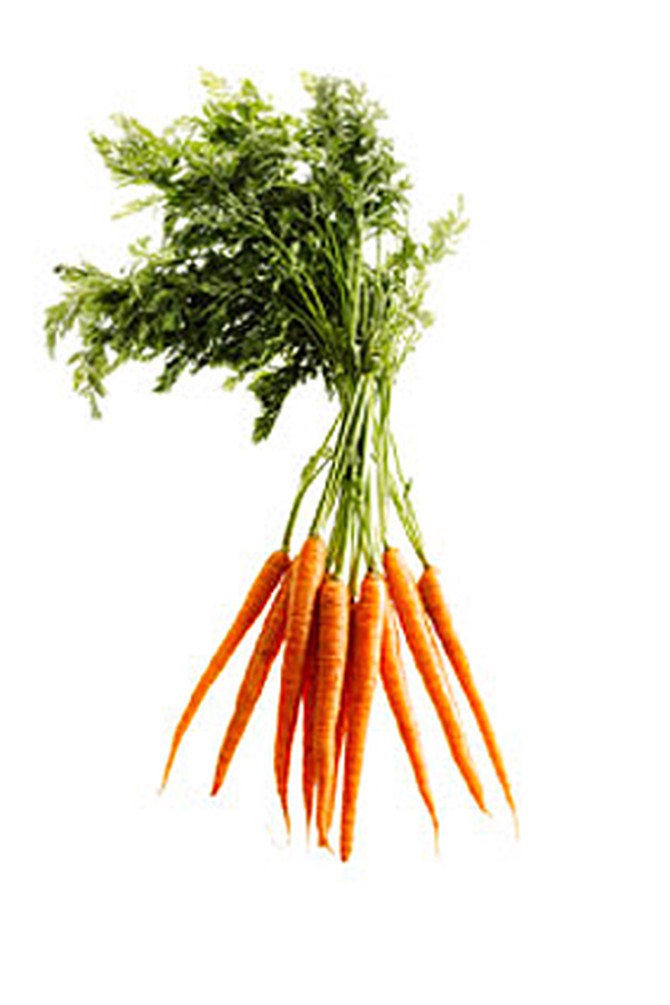5 Ways to Keep Your Brain Sharp
Oprah's resident MD shares his most effective tips for slowing mental decline.
By Mehmet Oz, MD

Photo: © 2010 Jupiterimages Corportation
Eat More Vegetables
They're rich in vitamins and nutrients (like E, B6, and folic acid) that protect against brain cell damage. But don't forget that as soon as you pick a tomato off the vine or pull a carrot out of the ground, its nutrient content starts to decline. So the longer it sits on store shelves (or inside your refrigerator), the less good it's doing you. Buy the freshest produce you can, or freeze it at the height of freshness for later use.

Photo: © 2010 Jupiterimages Corportation
Play Mind Games
This is the best way to slow the mental decline that can come with aging. Take up a musical instrument. Try to recall the addresses of the last four places you lived. Renew your local library card—and use it.

Photo: © 2010 Jupiterimages Corportation
Sign Up for Dance Lessons
Exercise boosts the brain's rate of neurogenesis—the generation of new brain cells—throughout your life. To really sharpen your gray matter, pick a workout that stimulates you both mentally and physically. One great example is dance. Moving the body in a coordinated fashion and following along with complex movements in sync with music requires lots of brainpower. Dancing also works your heart, so you're pumping more blood upstairs.

Photo: © 2010 Jupiterimages Corportation
Wear a Helmet
Since the brain has the consistency of a hard-boiled egg, bruising it even mildly can have a significant impact on memory.

Photo: © 2010 Jupiterimages Corportation
Choose Red Over White Wine
Red wine contains a compound called resveratrol, which recent research shows may help prevent the buildup of plaque. Brain plaques are often seen in Alzheimer's patients, and they cause a breakdown in the communication between neurons.
More health advice: Dr. Oz's keys to a healthy heart
More health advice: Dr. Oz's keys to a healthy heart
From the February 2010 issue of O, The Oprah Magazine
As a reminder, always consult your doctor for medical advice and treatment before starting any program.

